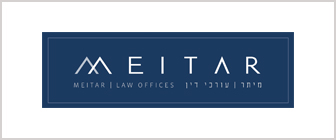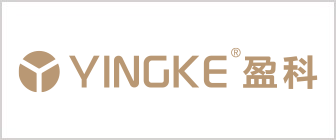Israeli firms Tadmor & Co and Yuval Levy & Co have merged, forming a team of 85 lawyers that will be rebranded as Tadmor & Co Yuval Levy & Co.
The new firm will focus on a range of financial and corporate transactional and dispute work, including banking, competition, M&A, project finance, real estate and securities regulation.
Founding partner at Tadmor & Co, David Tadmor, and managing partner of Yuval Levy & Co, Opher Levy, will jointly lead the nascent outfit, which will be based in Tel Aviv.
Tadmor, who was, at one time, Israel’s antitrust commissioner, launched his firm in 2005. Today, on the transcational side, it is known for its project finance work, with partner Jonathan Finklestone having established one of the country’s strongest practices in the area. Recently it advised on the Cross Israel Northern Highway and Tel Aviv Light Rail projects. The firm also has a strong anti-trust and energy and natural resources offerings.
Having been launched in 1973, Yuval Levy & Co substantially predates Tadmor. The firm is known for its work relating to credit cards and in financing infrastructure development, in addition to dispute resolution and M&A.
Mergers between large Israeli firms used to be rare, but the past three years has seen some notable consolidation in the domestic legal market. Last year, Shibolet & Co merged with high –tech boutique Ben-Zvi Attorneys at Law and, in 2013, Meitar Liquornik Geva & Leshem Brandwin and Kantor Elhanani Tal & Co joined forces, becoming the Israel’s third largest firm.
The “mega-mergers”, as the bigger deals have been dubbed locally, began around the same time Israel’s legal market was liberalised for foreign firms, which were, until 2011, not permitted to practice the law of their home jurisdictions on the ground in Israel. The merger which began the trend was concluded that year when Goldfarb Levy Eran Meiri Tzafrir & Co and M Seligman & Co combined to create Goldfarb Seligman & Co – still Israel’s largest firm by headcount.
Some commentators suspect there was a correlation between the legal market opening up to foreigners and the mergers that ensued as domestic firms sought to fortify their offerings in Tel Aviv before any international teams could move in.
An influx of international firms never occurred. There have been some new arrivals, but their commitment has been tentative. Among the notable arrivals from overseas since 2011 was Yingke – one the biggest firms in China. It established a soft merger without financial integration with Israeli boutique firm Eyal Khayat Zolty Neiger & Co, which was rebranded as Yingke Israel, in 2013. US outfit Greenberg Traurig was an earlier entrant, making its move in 2011.
When assessing why foreign firms have not launched branches in Tel Aviv Israeli lawyers generally concur. Principally, it would not be financially viable charging the fees they do from abroad in such a competitive market, which has no shortage of US or UK qualified lawyers. There are also those who feel international firms were concerned entering the Israeli market directly could damage important client relatiohsips in the wider the Middle East.



